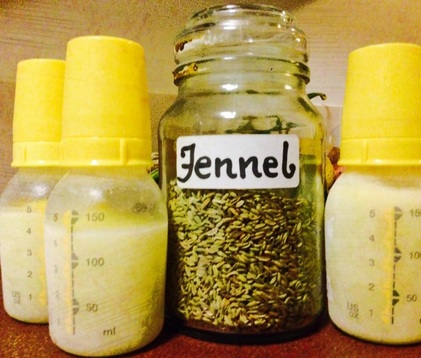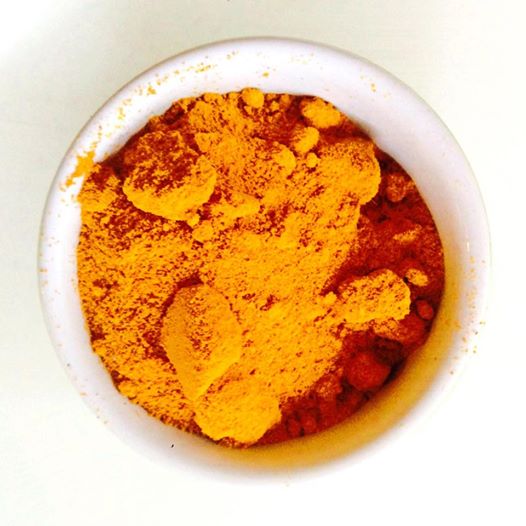The last week has felt like one big night out on the town, without the mood lifting substances! (they’re contraindicated when you’re breastfeeding – bugger). My 14 month-old has been fighting off a virus leaving him feverish, cranky and extremely clingy. Four days of severe sleep deprivation has gifted me with the under eye bags of an English bulldog with conjunctivitis.
Nights have been punctuated by the following tiring sleep-wake cycle of breast milk-soaked bibs and screaming: Archie wakes every hour (or what feels like every 10 minutes) crying inconsolably. Archie refuses the magical breast because he hates everything. Parents tag team rocking and singing him back to sleep. I breast pump so my boobs do not pop open with milk. Archie finally falls back asleep on someone’s chest. Mummy about to drift off only to have Archie wake again with screams that would test the congeniality of the friendliest neighbour.
Any parent of little kids will be familiar with this scenario – and if you aren’t, you will be soon! (Oh YES, you WILL.) It’s stressful for everybody and I was eager for any kind of help I could get – nutritional, herbal, and emotional.
Luckily there exists an abundance of wonderful foods and herbs to help. This article covers what I did in the last week to help Archie deal with his mild fever (37.8 degrees Celsius at its highest point) and to support myself through the increased stress of it all. It is by no means a comprehensive “what to do” guide for fever in kids.
If your baby (over 6 months old) or child has a fever over 40 degrees Celsius, seek medical advice immediately. If your baby is under 6 months old and has a fever of any kind I suggest seeking medical advice just to be safe.
1. Lemon balm & chamomile for soothing
To make a pot of herbal tea, place 1-3 teaspoons of dried or fresh herbs into a pot or cup, pour a cup of boiling water over the top, cover and allow it to steep for 10 to 15 minutes. Strain out the liquid and discard the herb residue. Let the tea cool if giving to little ones.
Contraindications: If there is known allergy to the daisy family, avoid chamomile. Be with lemon balm cautious if you have hypothyroidism: one paper has suggested it may antagonise thyroid hormone TSH.
2. Fennel for boosting milk supply
Fennel (Foeniculum vulgare) is a known galactagogue, making it the perfect food / herb for bumping up my supply temporarily.
There are a number of ways to incorporate this sweet, earthy herb in your diet:
- Add it to your diet in the foods you eat. I added crushed fennel seeds to a spaghetti sauce and it was delicious!
- Teas are a good way to benefit from herbs and are generally safe. Fennel herbal tea bags are available in health food shops. You can also buy fennel seeds and steep your own tea - always source organic, and from a reputable source. I like www.australherbs.com.au
- Finally, herbal tinctures are also an option. You'll need to consult a qualified herbalist for this to ensure the dose is right, and to check that the chemical constituents you are getting from a particular form of herbal medicine (tea, tincture, etc) are appropriate for you.
Contraindications: As with all carminitive herbs, exercise caution with fennel if you have gastro-oesophageal reflux or GORD. Peppermint (Mentha x piperita) is the main one to be careful of if you have reflux.
3. Turmeric for pain relief
The main active constituent in turmeric is curcumin, which has powerful anti-inflammatory, anti-oxidant, detoxification, and and pain relieving effects for things like arthritis, soft tissue and sports injury. With over 6000 peer-reviewed studies on turmeric it is one of the most well researched botanicals in the world.
My favourite ways to use it? In food of course! Add spoonfuls to curries, along with good fats and black pepper to maximise the absorption. And there's the ever trendy golden milk. You can find my easy Golden Milk recipe at the end of this article.
Contraindications: Caution with taking high doses of turmeric if you're taking blood-thinning (anti-platelet or anti-coagulant) medications like Warfarin.
4. Ashwaganda for stress management
Adaptogens do just that – they help your body adapt to the ongoing stresses of daily life. They regulate the adrenal stress response, increase energy, and most of them are non-stimulating (with the exception of Korean ginseng) Adaptogens work best when they are taken for a minimum of three months. You can read more about adaptogens and stress management in this article I wrote earlier this year.
Ashwaganda is a soothing adaptogen that I use on and off to keep up with the demands of breastfeeding and being a new mum. It's also fantastic for anaemic women. My favourite way to use it is by adding a teaspoon of powdered organic herb to my morning smoothie! Avoid with pharmaceutical sedatives and pain medications.
Contraindications: In general this is a very safe herb, but be wary of using any herb in pregnancy without first consulting a qualified health professional. Caution if you are allergic to the nightshade family. If you have hyperthyroidism or haemochromatosis, seek the advice of a qualified herbalist before using Ashwaganda.





































 RSS Feed
RSS Feed



